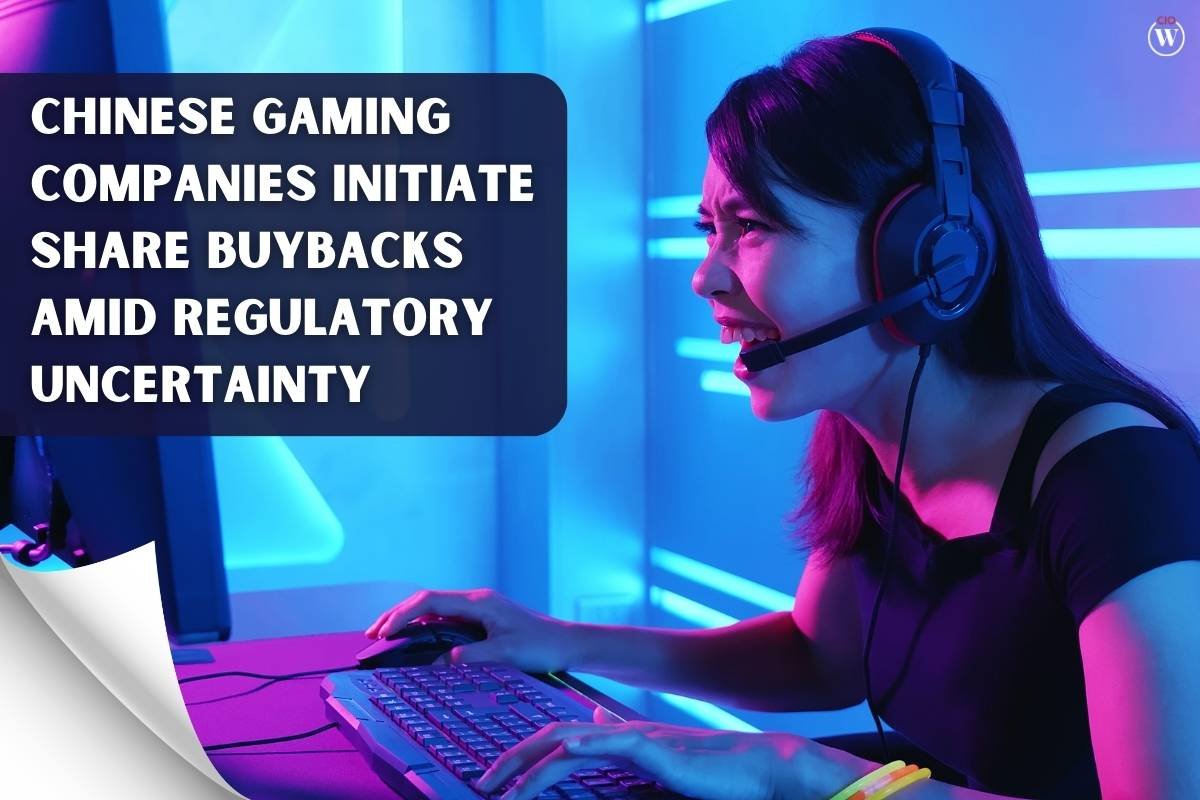A wave of smaller Chinese gaming companies has taken strategic steps to calm investors’ nerves following recent regulatory announcements aimed at tightening control over consumer spending on online games. Last Friday, regulators released draft rules outlining prohibitions on common incentive mechanisms in online games, such as rewarding players for daily logins, initial spending, or consecutive spending. The news triggered a sharp decline in the shares of Chinese Gaming Companies, prompting eight of them to reveal plans for share buybacks totaling up to 780 million Yuan ($110 million) combined.
Regulatory Reversal and New Game Licenses
In a surprising turn of events, China’s video game regulator, the National Press and Publication Administration, issued a statement on Saturday expressing a willingness to refine the proposed rules based on public feedback. This apparent softening in stance provided a glimmer of hope for the gaming industry. Furthermore, on Monday, the regulator approved licenses for 105 domestic online games for December, indicating continued support for the development of online games. Analysts noted that this move “strongly demonstrated” the government’s commitment to fostering the growth of the gaming sector.
Buyback Plans Stabilize Shares, Industry Remains Cautious
The share buyback announcements by the affected companies aimed to restore confidence in China’s gaming industry and protect investor interests. While these plans succeeded in stabilizing share prices to some extent, the industry remains cautious amid lingering uncertainty. Notably, Shanghai-listed G-bits Network Technology Xiamen experienced a 3% rebound in its shares by Tuesday afternoon after a 13% decline over the previous two trading days. Conversely, Shenzhen-listed Perfect World Co, despite a 2% recovery, had faced a 14% downturn in the same period.
The gaming sector, having just resumed growth this year after a regulatory clampdown in 2021 and 2022, is now closely watching the reactions of industry giants Tencent Holdings and NetEase. These two Hong Kong-listed Chinese Gaming Companies collectively lost $80 billion in market value on Friday. As Hong Kong markets reopen on Wednesday after the Christmas long weekend, industry observers anticipate the market’s response to the apparent regulatory shift and its impact on the world’s largest gaming company, Tencent, and its closest rival, NetEase.









